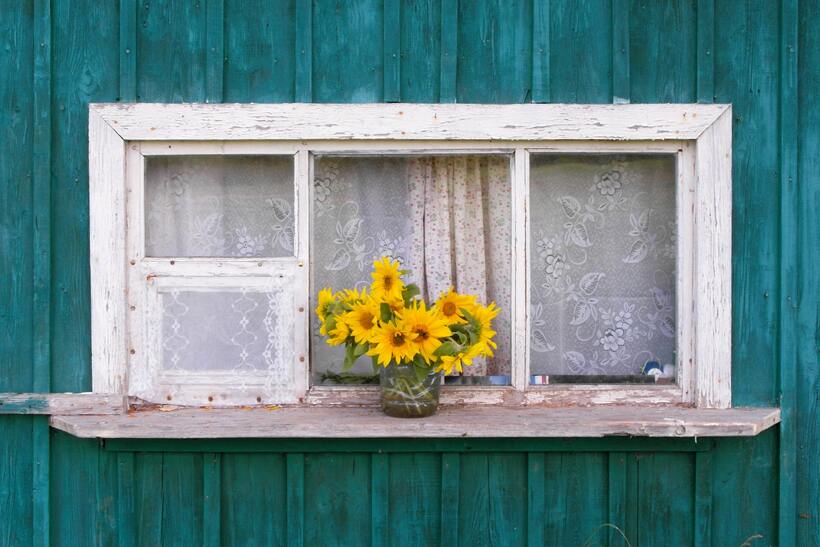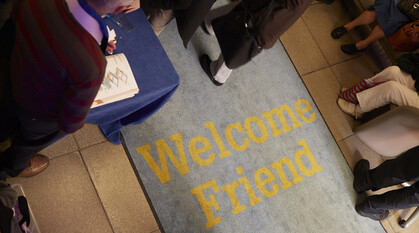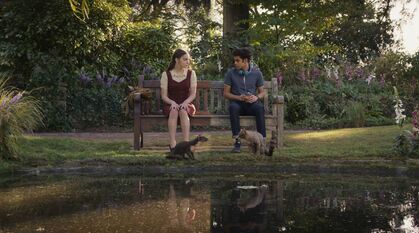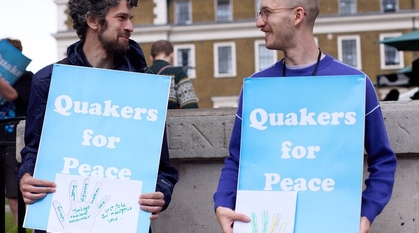People-to-people diplomacy with Russian people
Earlier this year, following the invasion of Ukraine, Quakers in Britain started a project to make connections with people who are Russian. Teresa Parker brings us up to date.

This initiative is an example of people-to-people diplomacy, also called citizen diplomacy. It describes the simple and sincere connections that members of the general public can make with others, despite obstacles caused by war and conflict.
Diplomacy has many facets, and unlike traditional government diplomacy, this is open to anyone. It is one way that individuals can help create conditions for enduring peace.
Sharing stories
On 4 and 11 October there will be online events at which we can share stories and ideas about how to make connections. This can initially be with people who are Russian and live in our own communities and countries.
On 4 October we'll be hearing a variety of stories, including a first-hand account of what it's like being a Russian Orthodox priest in the UK. On 11 October we will hear about taking part in the Siberian International Marathon in 1990, the first to include international participants. Bring any stories you may have, along with hopes, ideas and possibilities.
Book here for these events. We may make simple greetings cards, so please bring craft materials if this is something you might do.
Making connections
Of course, some connections will be fruitful and others not. During the Cold War, when tensions were also high, it became possible for people from the Soviet Union and the United States of America to meet, exchange information, publicise one another's activities, inspire one another, and issue joint statements. Read more in this Peace Magazine article.
There is advice on our citizen diplomacy webpage about how to take careful and considered steps in this work. The Diplomat magazine carried a Citizen to Citizen Diplomacy article in 2010 that said "it's not simply about being able to connect with other nations, it's how we go about doing it: the emotional and personal connection goes a long way."
Sowing seeds
Citizen diplomacy is a seed-sowing exercise aimed at building trust and the recognition of our shared humanity. The Soviet Trust Groups of the 1980s described such interpersonal contacts as "détente from below", the glue that held peace and human rights movements together.
The Northern Friends Peace Board statement about the invasion of Ukraine asks: "What seeds can be sown now that do not leave a legacy of further decades of enmity or create ever-greater tension and mistrust between nuclear powers?"
As Quakers, we may want to consider how receptive we can be to the seeds that others may wish to sow among us. The seed and the light exist in all. We approach this work in 2022 knowing that we are neither the only ones who have seeds to sow, nor the only ones wanting to.


